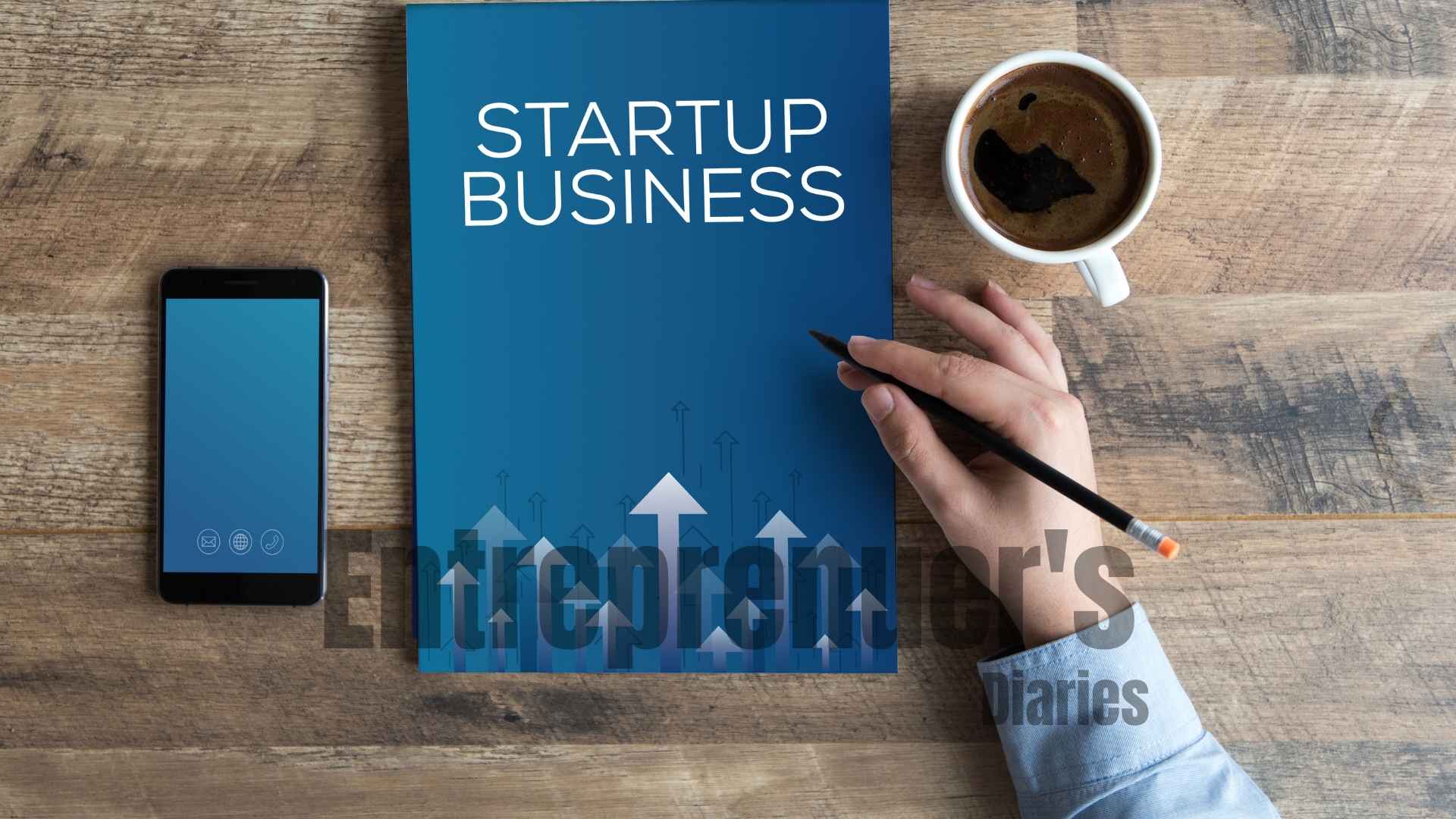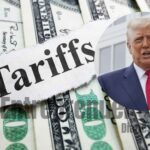Starting a small business in 2025 isn’t just about following a checklist. The checklist helps, sure. But the real startup game this year feels more like steering a go-kart through a minefield. You’ve got rising labor costs, government compliance shifting by the month, and a market that rewards speed but punishes mistakes fast.
Minimum Wage, Maximum Pressure
If you’re bootstrapping in one of the 23 states that raised minimum wage this year, you already feel the squeeze. In California and Washington, that’s $15 and up. For solo founders trying to hire even one worker, it’s become a budget breaker.
So founders are holding off. Contractors instead of employees. Freelancers over full-timers. Some are skipping brick-and-mortar completely, running lean digital ops out of their garages or co-working corners.
Others are using tech to close the gap. Inventory systems, virtual receptionists, AI customer chat not because it’s trendy, but because it’s cheaper than a payroll. According to Business News Daily, small businesses are diving headfirst into automation not for growth, but survival.
You adapt or you don’t hire. That’s it.
Corporate Transparency Act: A Rule Without Bite?
On January 23, the U.S. Supreme Court reinstated enforcement of the Corporate Transparency Act. It didn’t make headlines outside of legal circles, but it should have. The law forces businesses, mostly small, to disclose their true ownership to the feds.
Then in March, the Treasury pulled a 180. They said they’d pause enforcement for domestic companies. That’s the kind of whiplash that makes founders shrug off the rules entirely, which could be a mistake.
Even if penalties aren’t hitting yet, the reporting requirements aren’t going anywhere. And when they come, it’ll be with interest. So if you’re forming an LLC or filing incorporation papers, don’t skip the paperwork. Have your CTA disclosures ready. You’ll either need them soon or wish you had them.
The Startup Playbook Still Works, But It’s Tightened Up
The SBA’s 10-step guide? Still legit. It’s the bones. Start with market research, build a business plan, find your funding. But the playbook’s margin for error has shrunk.
Take funding. Loans are tighter. Banks want more collateral. And unless you’ve got a rich uncle or VC contacts, you’re likely bootstrapping or looking at a ROBS rollover to tap your own retirement account. Risky? Definitely. But it’s becoming more common, especially for founders in their 40s and 50s betting on themselves.
Your legal structure matters more now too. Founders are leaning LLC for the pass-through tax benefits and liability shields. According to Investopedia, it’s the most common choice for good reason. But state laws differ, and filing in the wrong state, even virtually, can cause tax migraines later.
Naming, registering, licensing it’s all doable. But do it wrong or out of order, and you’ll stall six weeks before you even open your doors.
New Leadership, Old Realities
There’s a new face headed to the SBA. Kelly Loeffler, business-savvy and politically polarizing, is expected to push for tax simplification and regulatory easing. But right now, it’s business as usual. No magic wands. Just founders grinding through the red tape.
Meanwhile, the SBA itself is getting flooded. According to its site, millions are still showing up for startup guidance. That’s a good sign. It means people still believe in building something from scratch.
Founders Are Getting Scrappier
Forget fancy decks and incubator hype. The real small business wins in 2025 are happening at street level. Side hustles getting turned into storefronts. Digital brands growing off Instagram DMs. Local service businesses scaling up by word-of-mouth and grit.
Vox talked to several founders who’ve made it through the worst. Their strategy? Stay flexible. Know your customer better than your competition. Renegotiate everything. Kill what doesn’t make money, and double down on what does.
Community is currency now. If you’re not building loyalty through socials or local partnerships, you’re invisible. And that doesn’t work in an economy where attention is the gatekeeper.
This Isn’t Easy. It’s Possible.
Starting a business right now is hard. You can do everything right and still hit a wall. But for the ones who stay sharp, stay lean, and learn on the fly it’s still worth doing.
Just don’t expect a straight road. This isn’t the era of tidy timelines or glossy pitch decks. It’s a jungle gym. And sometimes, just hanging on is the first win.
Connect With Us On Social Media [ Facebook | Instagram | Twitter | LinkedIn ] To Get Real-Time Updates On The Market. Entrepreneurs Diaries Is Now Available On Telegram. Join Our Telegram Channel To Get Instant Updates.
Isabella is a global business journalist and former McKinsey analyst from Brazil. She brings sharp insights on economic shifts, policies, and founder journeys from around the world.






